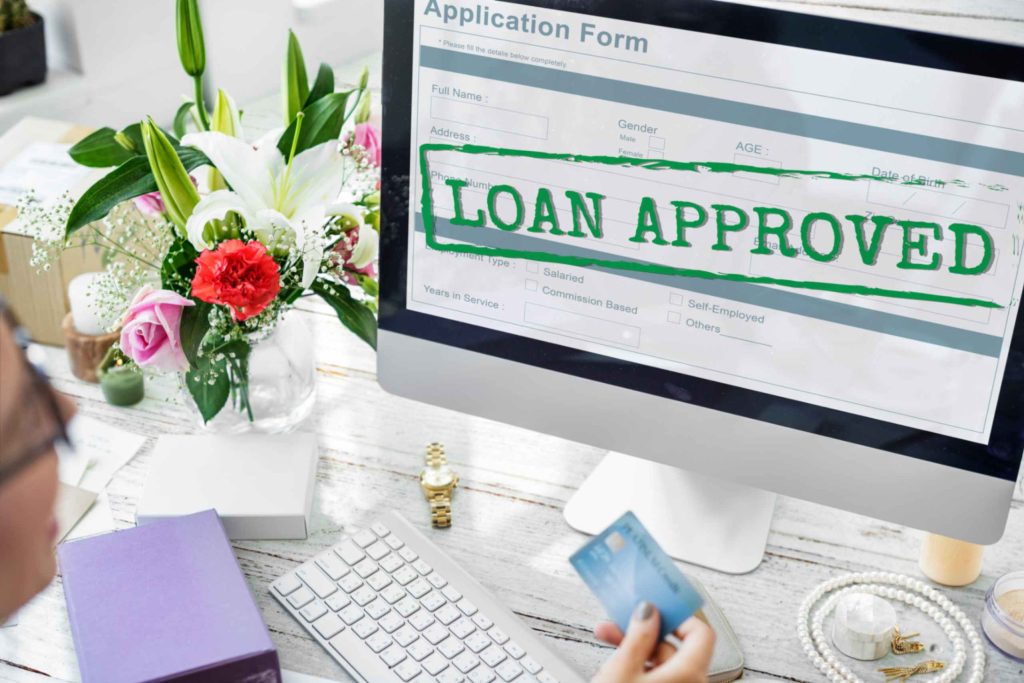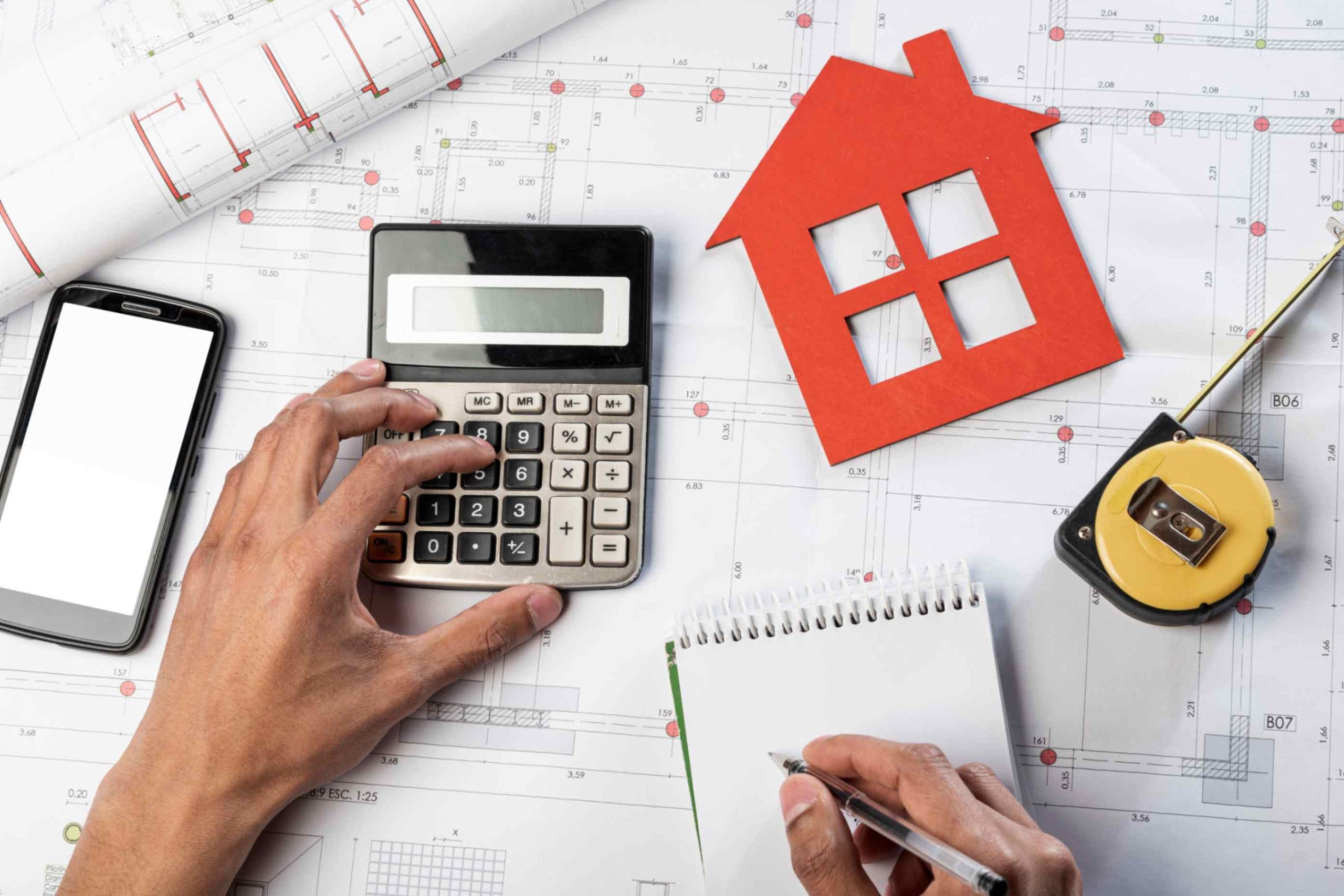Investing in commercial real estate is a big step—and often a smart one. But before you dive into financing a commercial property, it’s essential to understand the costs involved, especially your monthly mortgage payment. This is where a Commercial Property Mortgage Payment Calculator comes in handy.
In this guide, we’ll break down how commercial mortgages work, what factors influence your payments, and how to accurately calculate them using a mortgage calculator. Whether you’re a seasoned investor or a first-time buyer, this article will help you plan better and borrow smarter.
What Is a Commercial Property Mortgage?
A commercial property mortgage is a loan used to purchase, refinance, or renovate properties used for business purposes. Unlike residential mortgages (which are for homes), commercial mortgages are designed for:
- Office buildings
- Retail spaces
- Warehouses and industrial sites
- Apartment buildings with more than 5 units
- Mixed-use properties
These loans are typically secured by the property itself, and lenders often assess both the value of the property and the borrower’s business financials before approving the loan.
Key Differences from Residential Mortgages:
- Higher down payments (typically 20%–35%)
- Shorter terms (5–20 years)
- Balloon payments are more common
- Stricter underwriting focused on business income, not personal credit only
Key Factors That Affect Commercial Mortgage Payments
Before using a calculator, it’s crucial to understand the factors that impact your monthly payments:
1. Loan Amount
This is the total money you’re borrowing after your down payment is subtracted from the purchase price.
2. Interest Rate
Commercial loan rates typically range between 5.5% and 9% (as of 2025), depending on your credit profile, property type, and lender terms.
3. Loan Term
Most commercial mortgages have terms of 5 to 20 years, with amortization periods often longer (e.g., a 25-year amortization with a 10-year balloon).
4. Down Payment
Usually between 20% and 35%, though SBA loans may require less. A higher down payment reduces your monthly payments.
5. Property Type and Income
Retail or industrial properties may carry higher risk and affect your rate. Lenders also consider DSCR (Debt Service Coverage Ratio)—which compares property income to mortgage payments.
How a Commercial Mortgage Calculator Works
A commercial property mortgage calculator helps estimate your monthly principal and interest payments based on loan terms.
What You’ll Need:
- Property purchase price
- Down payment amount or %
- Interest rate (fixed or variable)
- Loan term (in years)
- Balloon structure (if any)
What You’ll Get:
- Monthly payment estimate
- Total repayment cost
- Balloon payment amount (if applicable)
- Amortization schedule (in advanced calculators)
This gives you a quick picture of how much the property will cost you each month—and helps you assess whether it fits within your business budget.
Sample Commercial Loan Payment Scenarios

Let’s walk through a couple of sample use cases using the calculator logic.
Scenario 1: Office Space Purchase
- Purchase Price: $800,000
- Down Payment: 25% ($200,000)
- Loan Amount: $600,000
- Interest Rate: 6.75%
- Term: 20 years
Monthly Payment: ~$4,569
Total Interest Paid: ~$497,000
Scenario 2: Retail Building with Balloon Loan
- Purchase Price: $1,000,000
- Down Payment: 30% ($300,000)
- Loan Amount: $700,000
- Interest Rate: 7.25%
- Term: 10 years with 25-year amortization
- Balloon Payment Due: Year 10
Monthly Payment: ~$5,099
Balloon Payment Due: ~$540,000 after 10 years
Balloon structures mean you’ll either need to refinance, sell the property, or pay off the balance in a lump sum when the term ends.
Benefits of Using a Commercial Mortgage Calculator
Quick Estimations
Get a ballpark monthly payment in minutes—without needing a loan officer.
Compare Lender Offers
Plug in different interest rates or down payment scenarios to see which loan works best.
Budget With Confidence
Know what you can afford before shopping for properties or applying for a loan.
Plan for Balloon Payments
Some calculators factor in the final balloon amount—so you’re not caught off guard years later.
Tips for Financing Commercial Real Estate Successfully
Here are some expert tips to secure a better loan and avoid common pitfalls:
1. Improve Your Business Credit
Commercial lenders rely heavily on your business financials, tax returns, and credit score. Clean up any issues before applying.
2. Understand Your DSCR
Your Debt Service Coverage Ratio (Net Operating Income ÷ Debt Payments) should ideally be 1.25 or higher to qualify.
3. Shop Multiple Lenders
Compare banks, credit unions, and alternative lenders to get the best rate. Consider SBA 504 or 7(a) loans for lower down payments.
4. Factor in Closing Costs
Commercial loan closing costs typically run between 2% and 5% of the loan amount. These include appraisal, legal, and origination fees.
5. Consult a Real Estate Attorney
Commercial contracts can be complex. A legal expert ensures you’re not overpaying or missing any risk clauses.
Try the Commercial Property Mortgage Calculator Now
Want to calculate your potential monthly payments right away?
Use our Commercial Property Mortgage Payment Calculator to estimate your loan costs before applying.
Final Thoughts
Commercial real estate can be a profitable and stable investment—but only if you understand the financing side. A Commercial Property Mortgage Payment Calculator helps you stay one step ahead by letting you assess affordability, loan structures, and future obligations.
Whether you’re buying your first retail space or expanding your portfolio, always run the numbers. It’s the smartest first step you can take toward a successful investment.
Also Read:
Frequently Asked Questions (FAQs)
Q1: What is the typical interest rate for commercial mortgages in 2025?
A: Rates typically range between 5.5% and 9%, depending on loan type, property class, and borrower profile.
Q2: Can I get a commercial mortgage with no down payment?
A: Rarely. Most commercial loans require 20%–35% down, though SBA loans may go lower with collateral.
Q3: How do balloon payments work in commercial loans?
A: Balloon loans require a large lump-sum payment at the end of the loan term. It’s crucial to plan for this exit.
Q4: Are commercial mortgage calculators accurate?
A: Yes, for estimation purposes. Final terms depend on the lender’s underwriting process.

